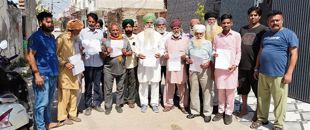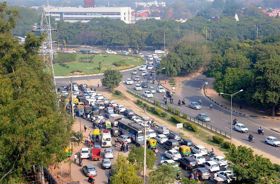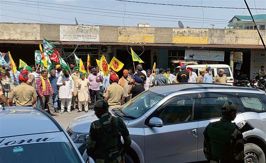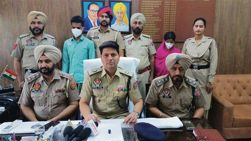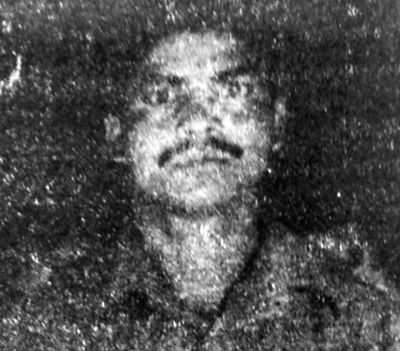
Ranjit Singh
Col Dilbag Dabas (Retd)
Ranjit Singh, son of Wazir Chand, was born on August 1, 1929, at Dheera village in present day Kangra district of Himachal Pradesh. Ranjit attended the village school for just about five years and was enrolled in the 4th Battalion of the Dogra Regiment on August 1, 1947.
The present day Nagaland was one of the seven districts of the greater Assam after the Indian Dominion came into existence on August 15, 1947. But, soon due to the indifference by the Assam as well as the Central Government towards addressing the grievances of these underdeveloped hill districts, the inhabitants, to show their genuine anger for being alienated, became hostile and resorted to anti-national activities. Insurgency, led by Angami Zapu Phizo, started in Nagaland in 1956, seeking nothing short of secession from the Indian Union, was the worst-case scenario in the entire North-East. And the insurgency gained local support and spread fast. Realising that the situation was getting out of control, or rather almost out of control, the government of India promulgated the Armed Forces Special Powers Act and deployed the Army to curb the insurgency and help maintain law and order in Nagaland.
The 4th Dogra Battalion, veteran of many wars, the saviour of Naushera in 1947-48 first war with Pakistan and the heroes of Battle of Walong during the 1962 India-China war, was inducted early in 1961 in the North-East to deal with the insurgency in the hill district of Nagaland. After familiarising itself with the demography and the tactics adopted by the Naga hostiles, the battalion got down to conducting cordon and search operations. During one such operation, Naik Ranjit Singh of the battalion, for his conspicuous act of bravery and self-sacrifice, was deservedly awarded the Kirti Chakra, posthumously.
"In 1961, Naik Ranjit Singh was section commander in the B Company of 4th Dogra Battalion tasked to apprehend or eliminate the hostiles operating in Tuensang region in the Naga Hills. On September 1, 1961, his platoon was suddenly ambushed near Chingkhu by a group of almost 40 hostiles armed with rifles and Light Machine Guns. The leading section commanded by Naik Ranjit was pinned down by heavy automatic fire, in which the platoon commander was seriously wounded. Naik Ranjit immediately deployed his section on a dominating feature on the right flank and opened fire on the hostiles. He himself manned the section Light Machine Gun and effectively silenced the hostile fire. His volley of fire forced the hostiles to abandon the ambush in disorder.
It was again on September 19, when his section led the patrol from Satol Post to Sakhai Post in Tuensang area, that the platoon was suddenly ambushed in a thickly wooded area by more than 100 Naga hostile, who attacked the patrol with all available weapons from close range. In devastating fire from the hostiles, all but two other ranks of the leading section of the platoon were dead. Naik Ranjit was not the one to take this affront lying down. In complete disregard for his personal safety, he counter-attacked the group of hostiles firing his machine carbine and also hurling hand grenades. His daring charge blunted the planned offensive by the hostiles and saved the lives of his comrades and also prevented the hostiles from collecting arms and ammunition of the dead and the wounded. Being the lone fighter, he was vastly outnumbered by the hostiles. In the cross-fire that ensued for nearly 10 minutes, he was hit by a burst of hostile's automatic fire and the brave-heart died instantaneously. Naik Ranjit thus set an inspiring example for his comrades by displaying outstanding courage and devotion to duty, a daring act of bravery, for which he was awarded the Kirti Chakra, posthumously".
P.S. Among the seven states in north-east India, also referred to as the 'Seven Sisters', Armed Forces Special Powers Act continues to be in force in Nagaland, Manipur and Assam.
(The writer is a veteran Gunner, 6 Field Regiment)





















